{{phone.Value}}
successful admissions
of students enter the university of their choice
students consult Education Index when applying for universites
successful admissions
of students enter the university of their choice
students consult Education Index when applying for universites
| Study mode | Start date | Duration | Fee international | Fee UK/ EU | Fee study period | Year of study |
|---|---|---|---|---|---|---|
| Full-time | Sep | years: 1 | £14800 | £7300 | Academic year | 2017 - 2018 |
The School of Literature, Drama and Creative Writing at UEA has a long and distinguished history for its role not only in the study of modern and contemporary literature, but also in fostering its creation. Famous for its courses in creative writing, which since the late 1960s have educated many leading novelists and poets, the School has been home to many leading writers, critics and scholars, such as Angus Wilson, Malcolm Bradbury, W. G. Sebald, Lorna Sage, Denise Riley, Paul Muldoon and Angela Carter. It also hosts the British Centre for Literary Translation, founded by Sebald and Clive Scott. Alongside our continuing world-leading role in the teaching of creative writing and literary translation, we also boast one of the largest and most diverse groups of scholar-critics working on 20th- and 21st-century literature of any university in the world.
Our course on Modern and Contemporary Writing is designed to draw on all these distinctive strengths. Through two core modules, Living Modernism and Contemporary Fiction, we place a special emphasis on the ongoing dialogue between modernism and contemporary literature, making this an ideal course if you wish to explore contemporary literature’s origins in high modernist writers such as Joyce and Kafka. It is also the perfect academic environment in which to discover modernism’s ongoing and problematic life in later writers, such as Vladimir Nabokov, Toni Morrison, Roberto Bolaño and Giorgio Agamben.
One of the optional modules on offer, Ludic Literature, will allow you to explore the origins of postmodernist writers such as Pynchon, Muldoon, Ashbery, Carter, Perec, Borges and Calvino in modernist and pre-modernist writers, such as Dostoevsky and Rimbaud. Another, Fiction after Modernism, draws attention to the critically neglected fiction of the period from 1945 to 1970, when novelists in Britain were working through the immediate aftermath of modernism. It includes well-known writers such as Woolf and Beckett as well as less well-known figures such as Elizabeth Taylor, Rosamond Lehmann, Ann Quinn and Anna Kavan. Our innovative optional module on creative criticism places modern theorists such as Jacques Derrida, Hélène Cixous and Eve Kosofsky Sedgwick in the context of contemporary writers including Anne Carson, Geoff Dyer and Denise Riley.
You will also be able to choose optional modules from among UEA’s rich offerings in translation, philosophy, American literature, film and creative writing, though we cannot guarantee that creative writing modules will always have free spaces, and you will not have access to the workshops in creative writing.
This course is unique in inviting you to explore criticism and creation through each another. At UEA we believe that reading and writing are or should be one, and distinctive optional modules such as Creative-Critical Writing and Ludic Literature will offer you the chance to develop your critical writing in ways that are themselves creative and artistic, through formal and linguistic experimentation, and through the modes of literary understanding such as parody, imitation and transposition that preceded the invention of literary criticism in the 20th century. You will also find yourself in seminars where your fellow students will be novelists, poets, playwrights, biographers and translators, as well as students of philosophy, film, and American literature.
As a postgraduate here, you will be part of a vibrant mix of MA and PhD students who are engaged in modern and contemporary literature in a variety of ways, whether it be through producing critical studies of novels, poetry or plays or through writing their own. As well as being taught by prize-winning scholars and authors, you will also – through the UEA Literary Festival – encounter the foremost figures in contemporary writing today. Norwich is England’s first UNESCO City of Literature, and there are poetry readings almost every week, as well as a vibrant culture of practising novelists and poets.
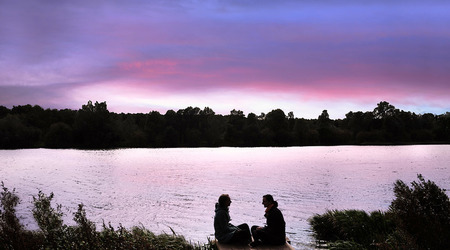

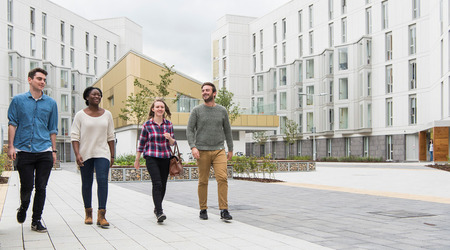
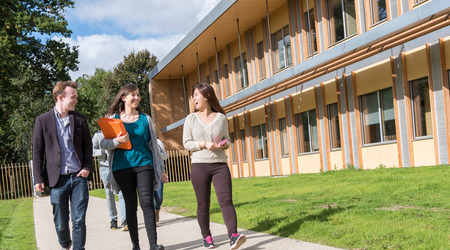
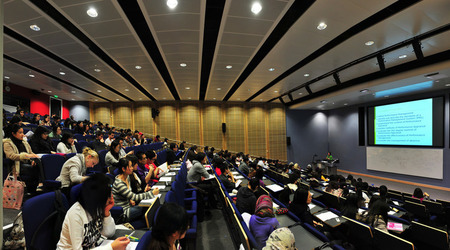
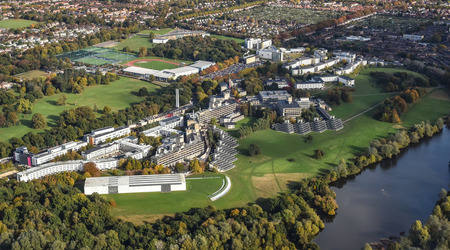
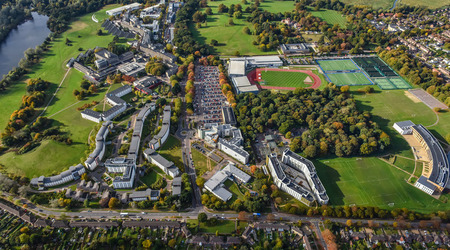
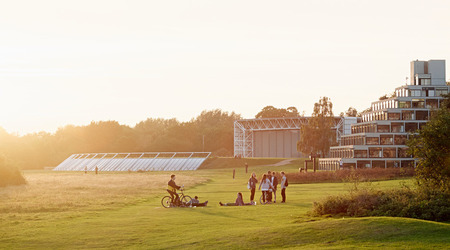
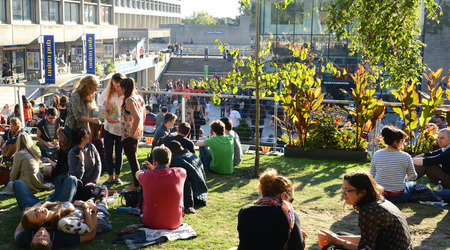
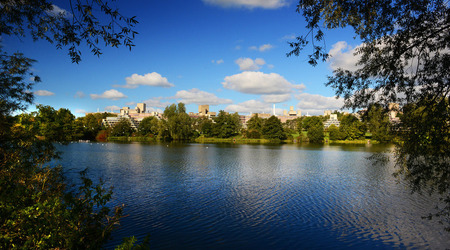
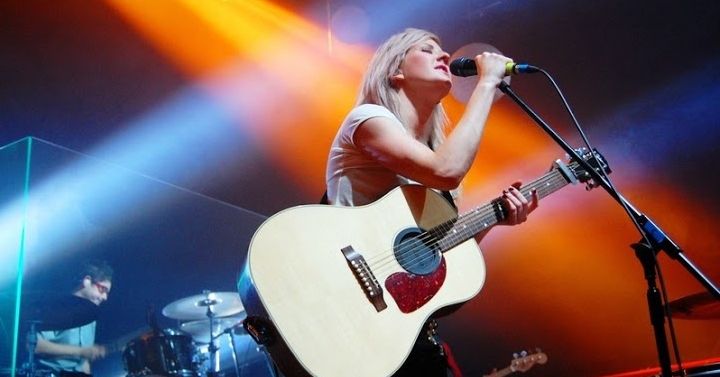
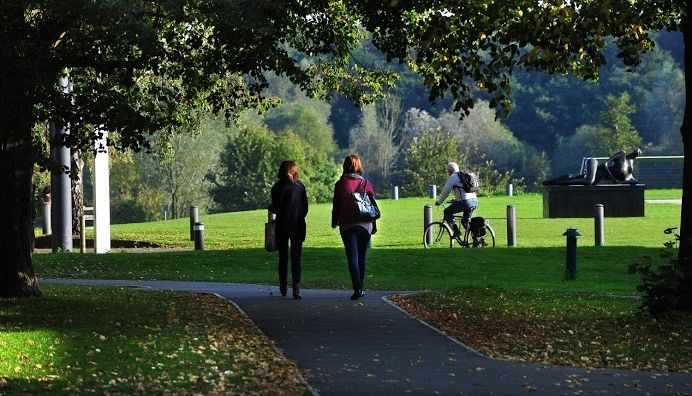
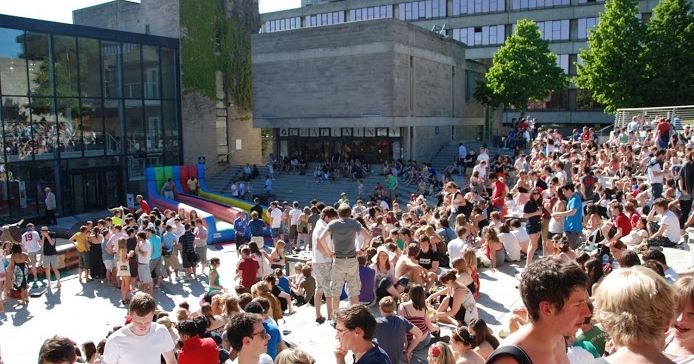
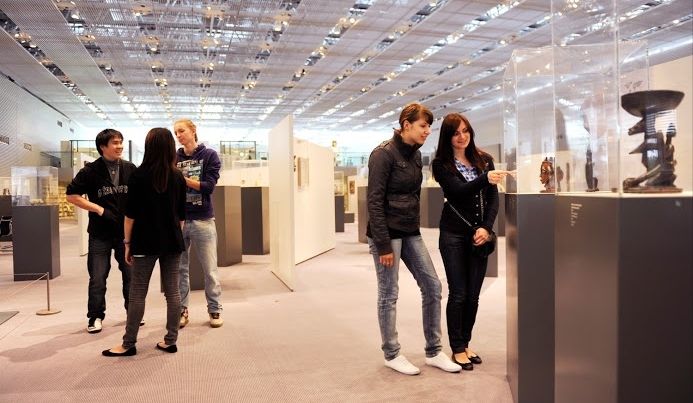
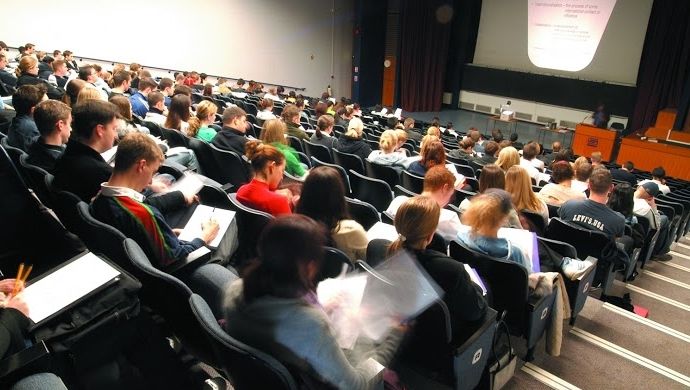
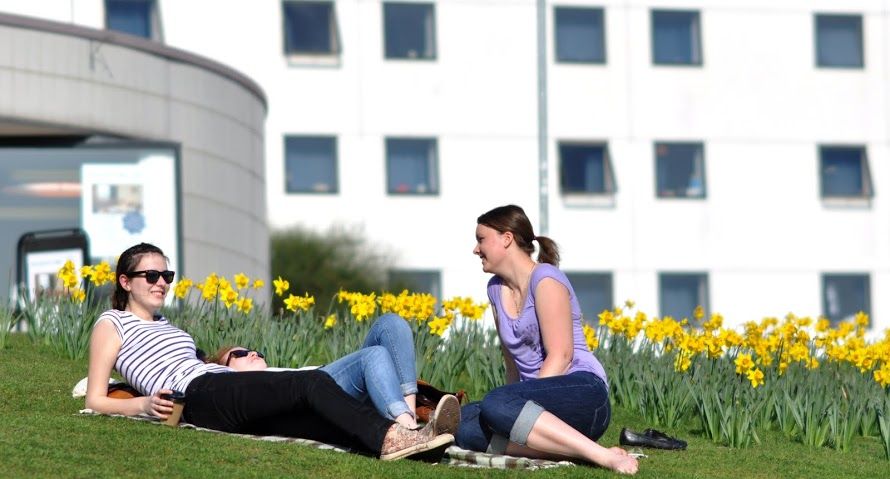
The University of East Anglia is based in the vibrant city of Norwich, located in the east of England. The city is less than two hours by train from London and is a unique blend of historic English architecture and modern design, which creates a dynamic and unforgettable atmosphere.
Norwich is home to eight theatres, five museums, four cinemas, two cathedrals, four music venues and a castle. There are 300 pubs, restaurants and bars,1500 historic buildings as well as modern developments such as The Forum, which is the home of the regional BBC studio and the award-winning Millennium Library.
As a base for exploring Britain, Norwich is just a short journey from Cambridge and other key cities with coaches and trains conveniently connecting you with the rest of the UK. International students are also able to take advantage of Norwich International Airport which is conveniently located 15 minutes from campus.